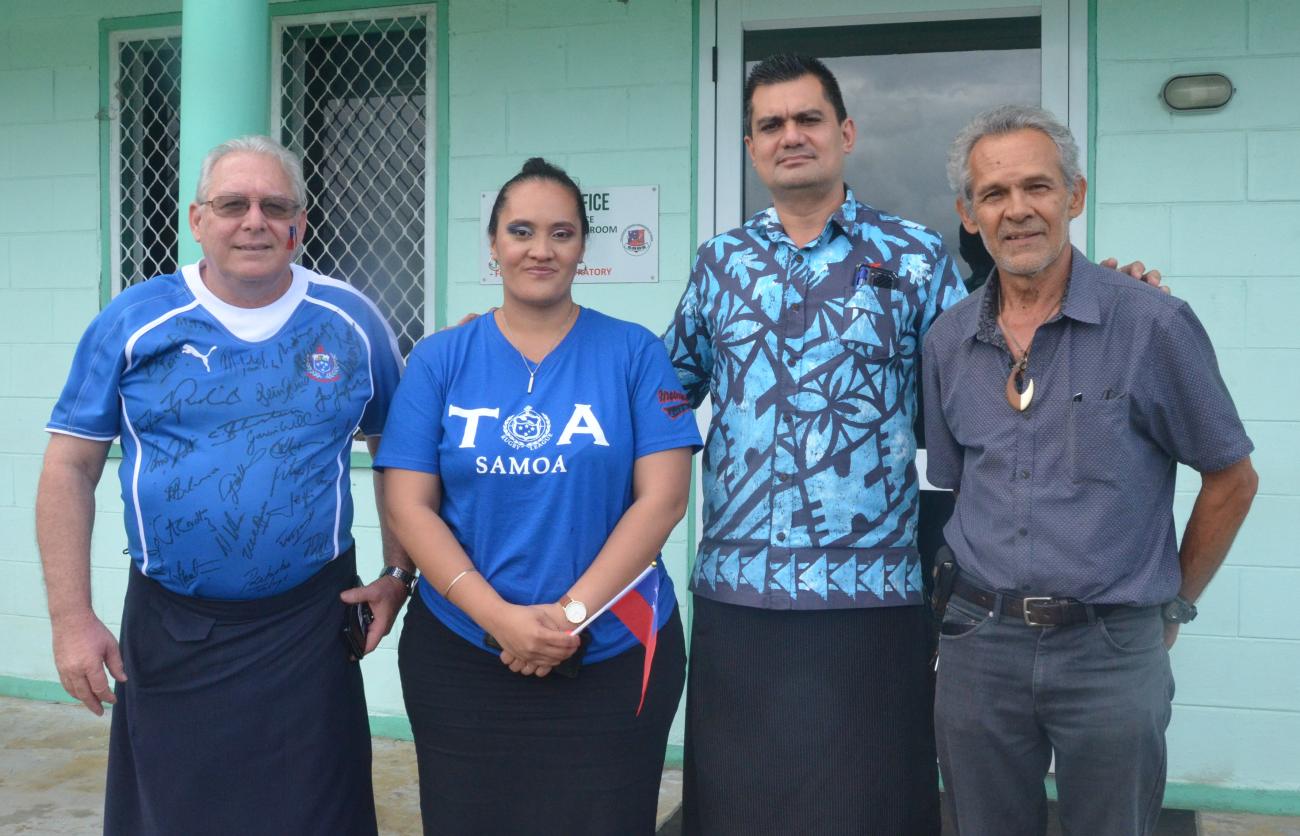Samoa's Triple Planetary Crisis response plan, Vai o le Ola, presents an opportunity to reset our approach to development and progress as an ocean state.
For small island developing states (SIDS) in the Pacific, the triple planetary crisis (TPC) of climate change, loss of biodiversity and pollution, coupled with ongoing public health crises and global conflicts, is disproportionately threatening the livelihoods of their inhabitants. Climate change and its impacts have been identified by the Pacific Island Forum as the single greatest existential threat in the region; climate action and ocean management are also considered by the Government of Samoa as key national development priorities. Notably, the recently launched Samoa Ocean Strategy 2020-2030 and the Samoa Climate Change Policy 2020-2030 provide the overarching framework, entry points, and important linkages to the work of the UN in this regard.
Working with the United Nations Office of the Resident Coordinator, Ms. Aban Marker Kabraji, UN Development Coordination Office Senior Advisor on Climate Change and Biodiversity, led a mission to Samoa in September to open the conversation on Samoa’s response to the triple planetary crisis. Accompanied by Mr. François Martel, Senior Technical Advisor for the UNDP Environment and Climate Change Unit, the team found water to be a critical aspect across all sectors. “Vai o le Ola,” a well-known Samoan phrase that refers to water as a source of life, is the title given to Samoa’s TPC response plan.
Conversations with government and non-government entities have continued and will lead up to a roundtable meeting on 7 December. Following the lessons learnt and successes from the TPC work in Pakistan, Thailand and Fiji, it is the vision of the United Nations in Samoa to reconstruct the Pacific approach in addressing SIDS vulnerabilities, and focus on leveraging the interdependence of social, economic, and natural systems in generating opportunities and achieving a balance in the people-nature-economy nexus in these nations. As such, it is also a crucial step towards the implementation of the right to a clean, healthy and sustainable environment, which, following a recent landmark General Assembly Resolution A/76/L.75, was recognised as a fundamental human right for all.
From the conversations to date, it is clear there are many organisations in Samoa working in the areas of climate change, biodiversity loss and pollution. And there are a host of relevant policies and strategic plans in place. The TPC response plan, Vai o le Ola, presents an opportunity to reset Samoa’s approach to development and progress as an “ocean state,” to create a unified vision and response plan centered around water, and to generate a series of interventions that build on current efforts while filling any gaps that emerge from the dialogue.











